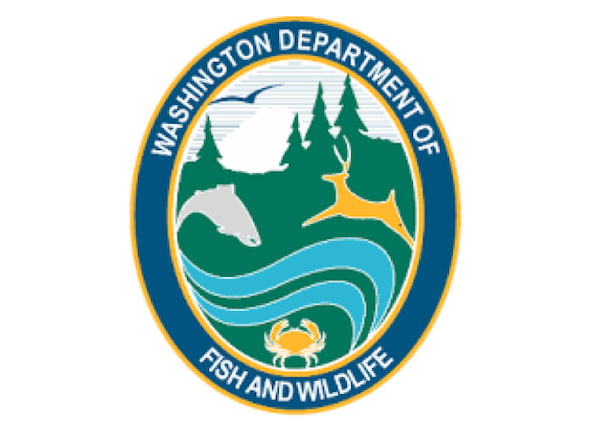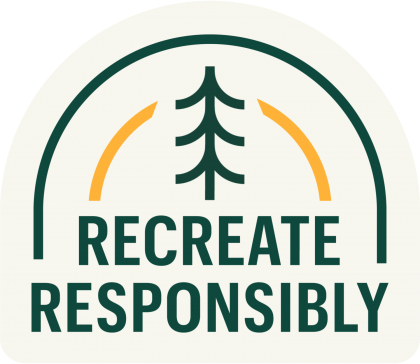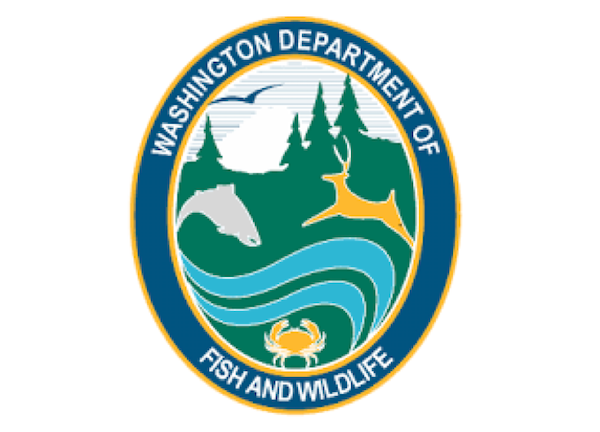Skagit River Fish Report for 2-24-2021
WDFW to restore critical salmon habitat at Skagit Wildlife Area Island Unit
Skagit River

by WA Department of Fish & Wildlife Staff
2-24-2021
Website
MILL CREEK – The Washington Department of Fish and Wildlife (WDFW) is moving forward with a project at the Skagit Wildlife Area Island Unit to restore critical estuary habitat for struggling salmon populations. Historically, the site was a tidally influenced estuary that provided rearing habitat for juvenile Chinook salmon.
The Island Unit covers approximately 270 acres on two islands in a reach of the South Fork Skagit River within the 17,000-acre Skagit Wildlife Area. Dikes and tide gates keep tides and river flows off the site, making it possible to produce high calorie forage for waterfowl.
Since the 1950s, WDFW has managed the Island Unit to provide agricultural crops to enhance food resources for wintering waterfowl. The Island Unit is a popular and productive waterfowl hunting destination that is valued by local and regional waterfowl hunters.
However, changes at the site and on the broader landscape, including aging tide gates and dikes, anticipated sea level rise, and shifting habitat needs, prompted the department to evaluate alternative land management options, such as removing dikes and tide gates and restoring the site back to estuary. Specifically, additional estuary habitat is needed to recover threatened Chinook salmon, as well as Southern Resident Killer Whales, which rely on Chinook as their primary food source.
“If we want to see salmon populations recover, we need to reconnect them with the habitats that are critical for their survival,” said Brendan Brokes, North Puget Sound Director for WDFW. “In addition to supporting salmon recovery efforts, this restoration project is also expected to benefit shorebirds and Southern Resident Killer Whales. However, we understand the loss this decision represents to the waterfowl hunting community and we are committed to working with waterfowl hunters and community partners to continue exploring how to provide alternate waterfowl hunting opportunities.”
WDFW assessed four land management alternatives for the Island Unit, ranging from no restoration to restoring all 270 acres. The department evaluated alternatives based on state requirements and policies, fish and wildlife needs, community values, and climate resilience.
An advisory group provided input throughout the process. In addition, WDFW held a public comment period on a Draft Alternatives Analysis Report from Nov. 16 to Dec.16 2020 and received over 200 comments expressing a wide range of opinions and providing feedback on the report content.
In the final Skagit Wildlife Area Island Unit Alternatives Analysis Report released this week, the department’s North Puget Sound regional management team selected the option to restore all 270 acres of the Island Unit to estuary. The team selected the full restoration option because it has the clearest path to implementation, supports threatened species, and has the broadest suite of benefits. However, full restoration means there is a tradeoff of impacts to waterfowl hunting and the loss of enhanced waterfowl forage at the site.
The next stage of the process is for WDFW to secure funding to design and obtain permits for the restoration project. Construction is not likely to begin for several years. WDFW will continue to seek input from waterfowl hunters on the design of the restoration project, as well as how to provide alternate waterfowl hunting opportunities throughout the region.
WDFW is the state agency tasked with preserving, protecting, and perpetuating fish, wildlife, and ecosystems, while providing sustainable fishing and hunting opportunities.
More Reports
March 1st is Fishing Opener of Several Eastern WA Lakes

2-23-2021
With the March 1 fishing opener of several eastern Washington lakes coming up, fish stocking has been underway and will...... Read More
WA Department of Fish & Wildlife Reports
for Thursday, February 11th, 2021
: Yakima Canyon bighorn sheep testing operation begins to identify, remove pneumonia carriers
: WDFW to host live ‘Waterbirds of Washington’ event

Website Hosting and Design provided by TECK.net